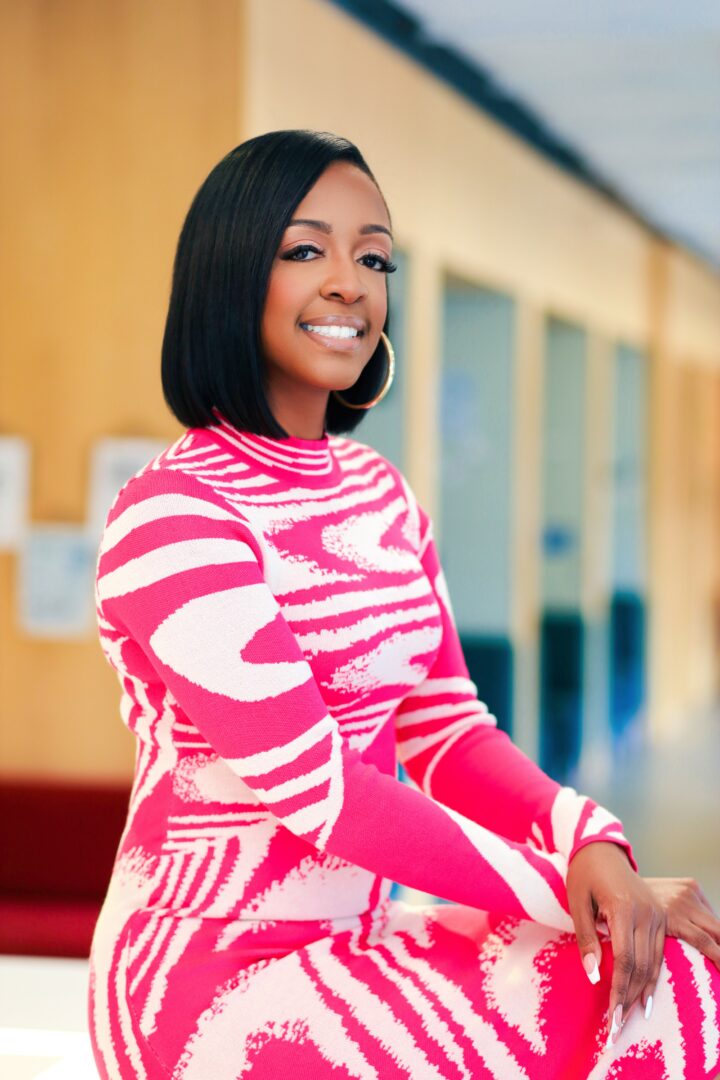We’re looking forward to introducing you to Khavah Murray, LCSW, CCTP, CGP, CMIP. Check out our conversation below.
Khavah, we’re thrilled to have you with us today. Before we jump into your intro and the heart of the interview, let’s start with a bit of an ice breaker: What are you being called to do now, that you may have been afraid of before?
I used to be terrified of public speaking. When I launched my business, I never imagined myself leading workshops, sitting on panels, or booking speaking engagements—I was comfortable staying behind the scenes. But as I started saying “yes” to small opportunities, I realized my voice is a tool for healing, leadership, and impact. Now speaking is the core of my work, and I even host an annual wellness luncheon so my team has a safe space to practice and perfect their own workshop skills. The very thing I once avoided is the thing I’m called to do.
Can you briefly introduce yourself and share what makes you or your brand unique?
Hi, I’m Khavah Murray, LCSW, CCTP, CGP, CMIP—Founder & Clinical Director of Hope Deals Counseling & Consulting. I’m a clinical social worker with 17+ years serving children, families, and communities. Hope Deals is rooted in culturally responsive care and bridges therapy, reflective supervision, and workforce wellness so people and teams can truly thrive. Our signature Self-Care Sunday experiences—including an annual wellness luncheon—create brave, joyful spaces to learn coping skills and give my team a platform to hone their speaking and facilitation.
Current focus:
Expanding Reflective Supervision workshops for leadership and front-line staff.
Rolling out “Boundaries & Bloom,” a mini Self-Care Sunday series.
Hosting pop-up Self-Care Sunday events in Houston, Atlanta, and Charlotte.
Laying groundwork for a wellness-themed Airbnb retreat experience.
Okay, so here’s a deep one: What relationship most shaped how you see yourself?
My relationship with my 18-year-old niece and 5-year-old nephew has shaped me most. Loving them—and accepting real responsibility for their happiness and well-being—brings me joy and keeps me accountable. They make me mindful of how I carry myself as a Black woman, an aunt, and an entrepreneur. I want to model positive decisions, integrity, and self-respect—and to show them, without question, what unconditional love looks like. Every choice I make—how I speak, lead, rest, set boundaries, and show up—is a lesson they can inherit.
I didn’t realize how proud my niece was until I saw a screenshot of her hyping me to a friend who loved some swag from one of my events. In that moment, I felt like the cool aunt—and it reminded me that they’re watching, learning, and believing what’s possible because I’m living it.
When did you stop hiding your pain and start using it as power?
I stopped hiding my pain during COVID-19, when grief was everywhere and personal. I lost friends and family, and my father passed while staying in Ghana. That season broke me open. Instead of shrinking, I chose to honor it publicly: I rebranded my business and redesigned my logo to embrace my grief and channel it into strength. The heart in my logo is a Ghanaian Adinkra symbol that means, “with God’s grace, all will be well.” That meaning gave me peace and perfectly named my journey with grief.
From there, I became clinically certified in grief and now offer grief-informed services and workshops— including a Self-Care Sunday session dedicated to grief, healing, and renewal. I let my pain inform my purpose—how I serve, speak, and create spaces for healing. I didn’t hide it; I held it with intention. And in doing so, my pain became power: a compass for compassion, a commitment to wise boundaries, and a deeper courage to lead and love out loud.
Alright, so if you are open to it, let’s explore some philosophical questions that touch on your values and worldview. Is the public version of you the real you?
Yes. The public version of me is the real me. As a therapist, I invite people to show up authentic, vulnerable, and honest—so I hold myself to that same standard in my professional life and in public. I’m not ashamed of my experiences; they inform my empathy and my work. I love being a Black woman and everything that comes with our culture, and I carry that pride wherever I go.
Authentic doesn’t mean unfiltered—it means congruent. I maintain healthy boundaries and protect others’ privacy, but the person you see on a stage, in a workshop, or online is the same person you’d meet in session or in community: grounded, transparent, values-aligned—and funny. Humor is part of my healing toolkit; I love to laugh and smile, and I love seeing others do the same. It helps ease tension and makes hard topics approachable, never at anyone’s expense.
Before we go, we’d love to hear your thoughts on some longer-run, legacy type questions. What do you understand deeply that most people don’t?
I understand—deeply—that nobody’s perfect, and a little grace can be life-changing. Grace isn’t about excusing harm; it’s about holding people (and ourselves) accountable with compassion, allowing room for repair, and recognizing we’re all in progress. In therapy, leadership, and life, that pause before judgment can transform outcomes—turning defensiveness into dialogue, shame into growth, and mistakes into momentum.
Contact Info:
- Website: https://www.hopedeals.net
- Instagram: @hopedealspgh
- Linkedin: https://www.linkedin.com/in/khavah-murray-lcsw
- Facebook: https://www.facebook.com/HopeDealsPGH
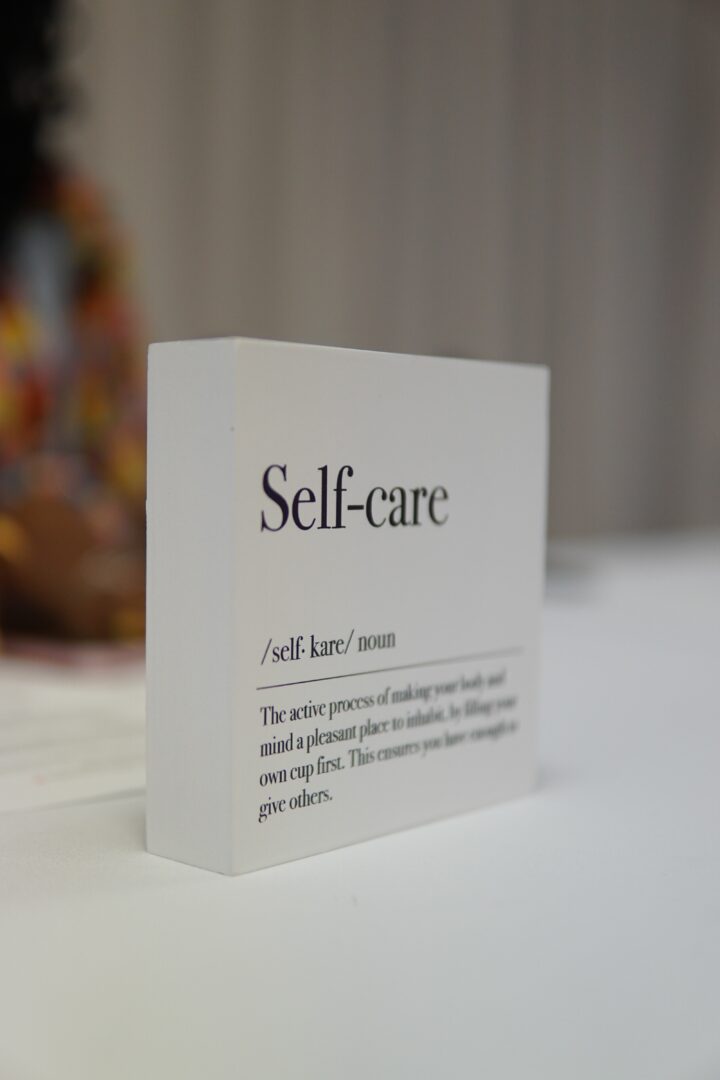
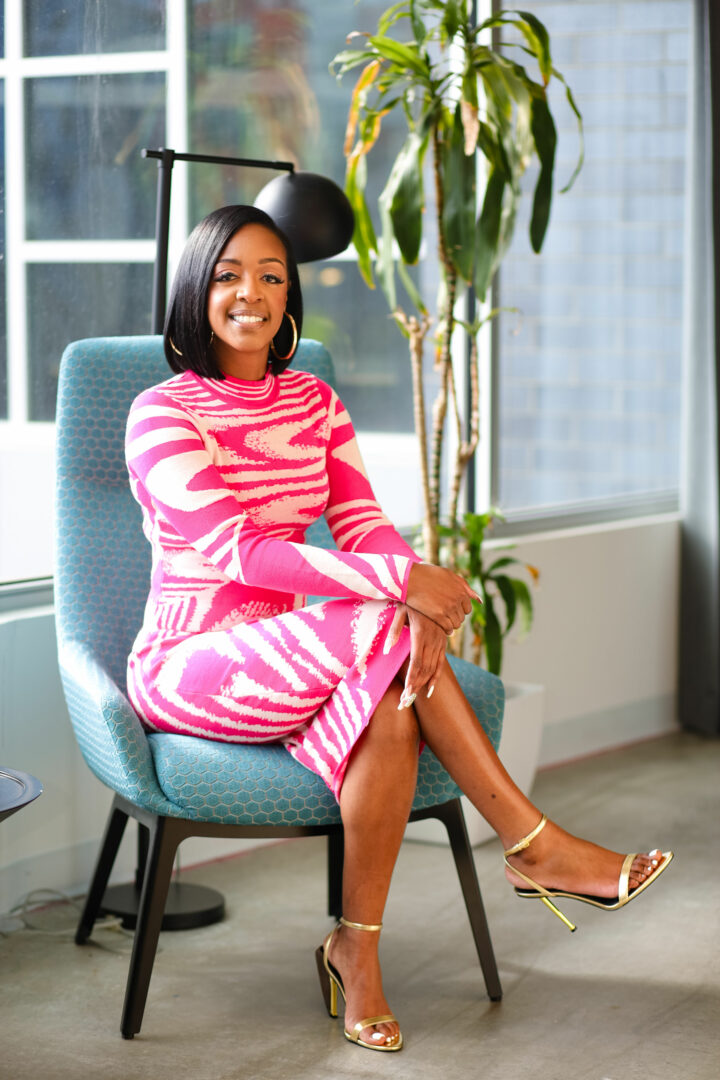
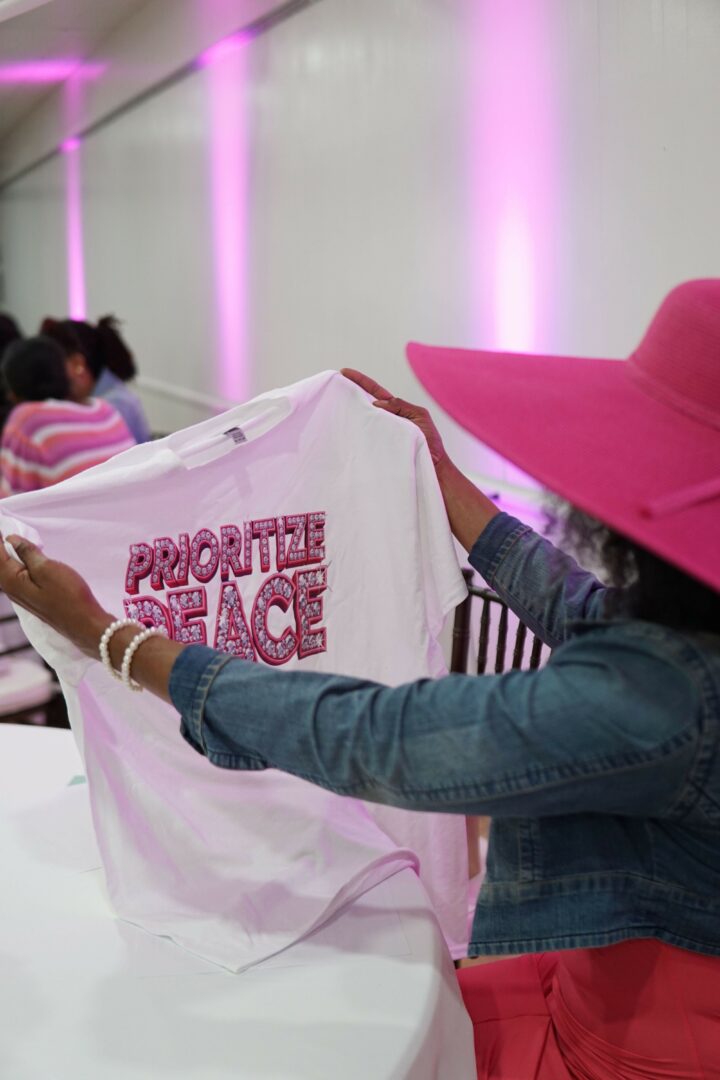
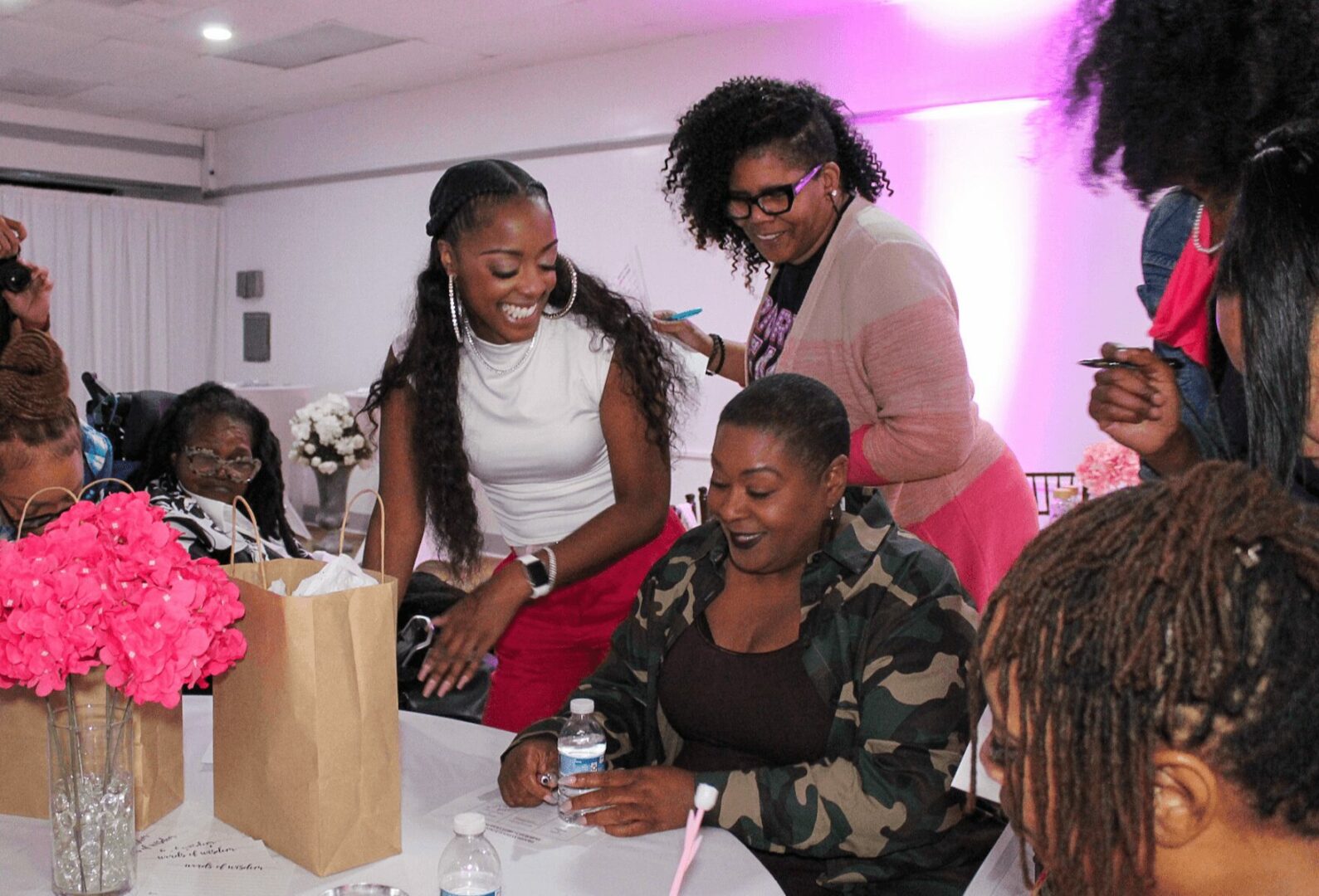
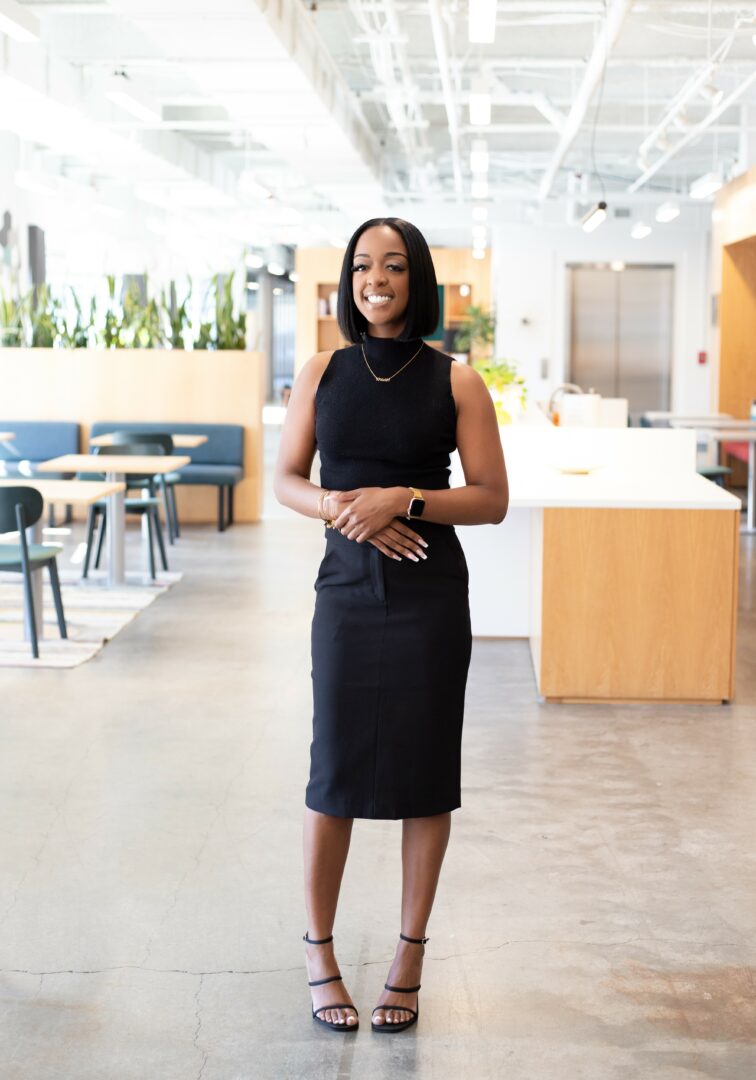
so if you or someone you know deserves recognition please let us know here.

